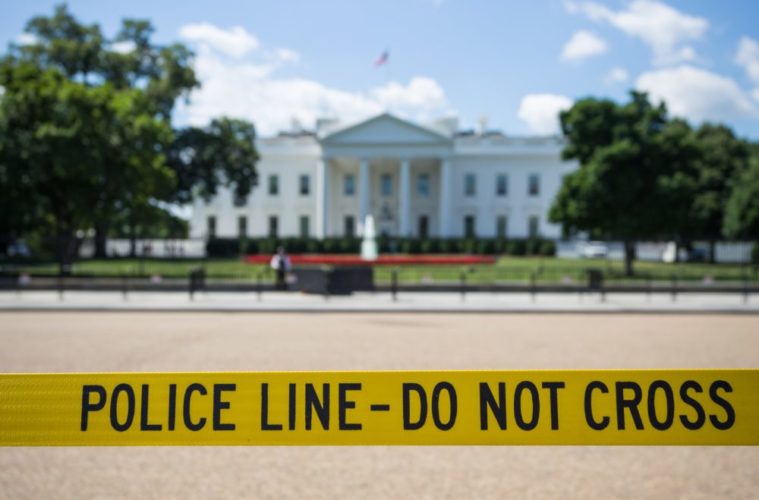New polling data from the Drug Policy Alliance (DPA) and ACLU shows 66% of Americans now support all-drug decriminalization and 83% believe the “war on drugs” to be a failure.
The organizations announced their new data a week ahead of the 50th anniversary of Nixon declaring the “war on drugs” on June 17, 1971.
Specifically, the 66% of respondents noted they would support eliminating all criminal penalties for drug possession and reinvesting saved resources into treatment and addiction services. The idea that the drug war has failed us after 49 years also proved to be a very bipartisan issue, with Democrats (83%), Independents (85%) and Republicans (82%) all agreeing with the sentiment. When it came to actually doing something about the drug war, 82% of respondents said reform is important. This included 92% of Democrats, 79% of Independents and 76% of Republicans.
Maritza Perez, director of DPA’s Office of National Affairs, broke down the new data for L.A. Weekly.
“It’s really encouraging to see that the public is where we are on this issue,” Perez said. “You know sometimes – especially somebody like me who works at the federal level – sometimes you feel like you’re screaming into a black hole and nobody’s hearing your message. But our message is resonating on the ground, that’s what the poll tells me. So it was really exciting and really encouraging to see that.”
As for the hard work it will take to turn those polling numbers into policy, Perez called it an uphill road.
“Even if you look at marijuana, for example, the majority of states have decriminalized marijuana. The federal government is certainly not there yet,” Perez said. “Polling always helps to move the needle but I think that’s going to be a lot easier at the state and local level, much like what we saw with marijuana. The federal government is kind of a different beast. [The polling data] definitely helps, and we’re definitely going use it in our advocacy, but it’s still going to be a challenge. The public is usually steps ahead of where Congress is.”
Now that decriminalization is a more palatable topic to the wider public, we asked how long until even more advanced drug policy topics centered around the public health side of things come up. Such as supervised injection sites for an example.
“That’s a really great question, and I think that there’s generally more public discourse around the decriminalization of drugs, and the harms of drug criminalization,” Perez said. “The public health aspect of the issue hasn’t been as widely discussed outside of public health circles and Drug Policy Advocates. A lot of people really don’t know about public health policies that we’ve been pushing for.”
Regardless of any education gap, at this point, after 50 years of the failed drug war, people really have seen all the ways in which the war on drugs has harmed people and communities.
“I think the other piece of it is still missing. The piece that organizations like the Drug Policy Alliance need to continue to work on is just telling people about the alternatives,” Perez said. “We’re not just saying that we should decriminalize but we’re also seeing that we need to robustly invest in public health services, in harm reduction services and things that will save lives, and to ensure that people who need services, and want those services, have them.”
One of the places the drug policy conversation is intersecting with mainstream society more is the wider criminal justice reform dialogue now taking place across the nation. We asked Perez what it’s been like trying to align the militarization of police during the drug war directly to the worst instances of police and community interaction we’ve seen in recent years.
“I mean, you can’t just detach the war on drugs from militarized policing,” Perez said. “In fact, our police have become militarized, and have been so robustly funded, because of the drug war. There are so many different funding streams, both at the state level and the federal level, that support policing in pursuit of the drug war specifically. There are dedicated programs just for that. A lot of these programs, like the 1033 program, literally feed military equipment to local law enforcement, which results in things like we saw with Breonna Taylor. Where a no-knock warrant was issued and police use their SWAT equipment to murder her in her home. So we can’t talk about policing, I think, without talking about the drug war. It’s a direct correlation.”
Advertising disclosure: We may receive compensation for some of the links in our stories. Thank you for supporting LA Weekly and our advertisers.

